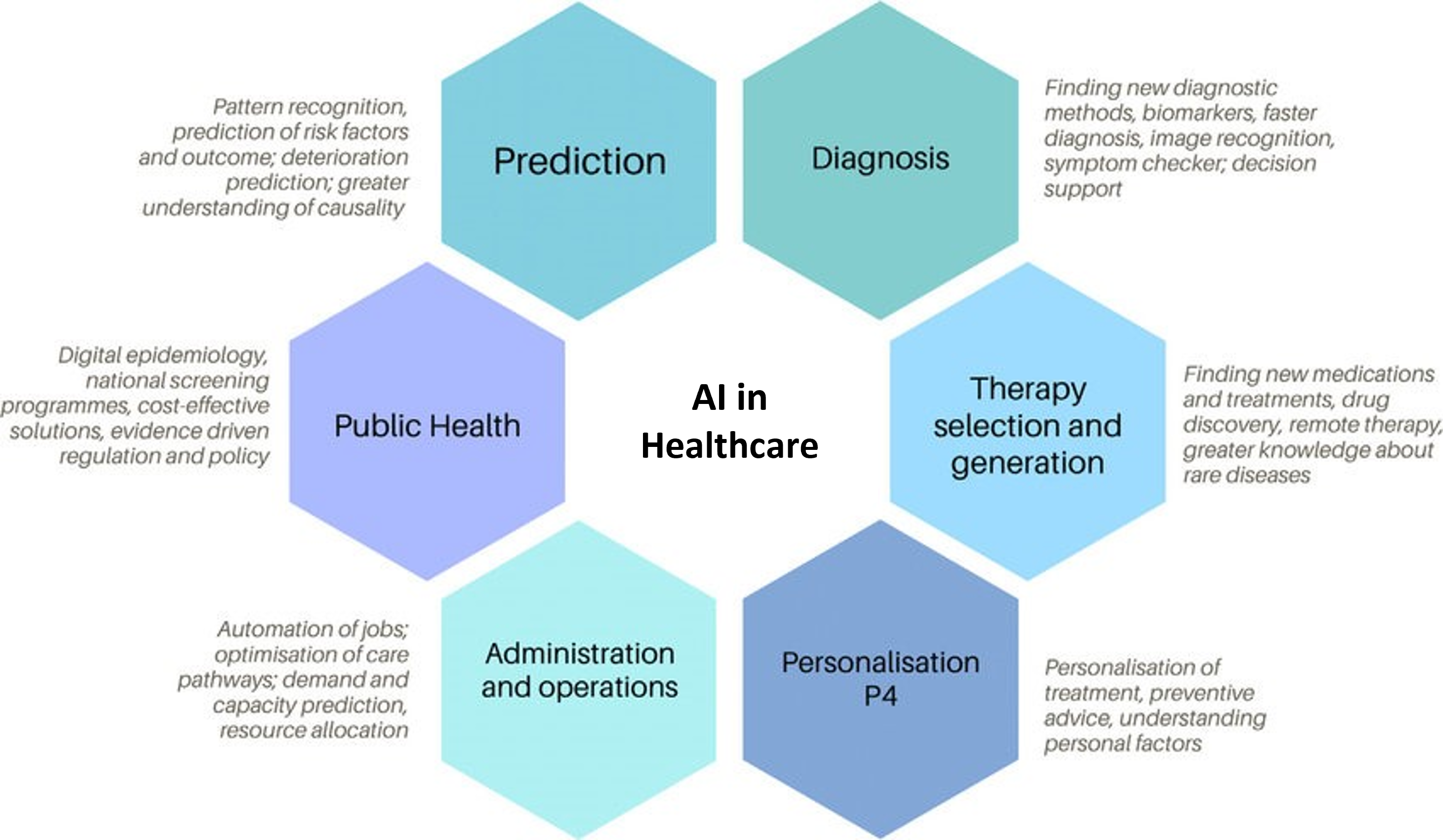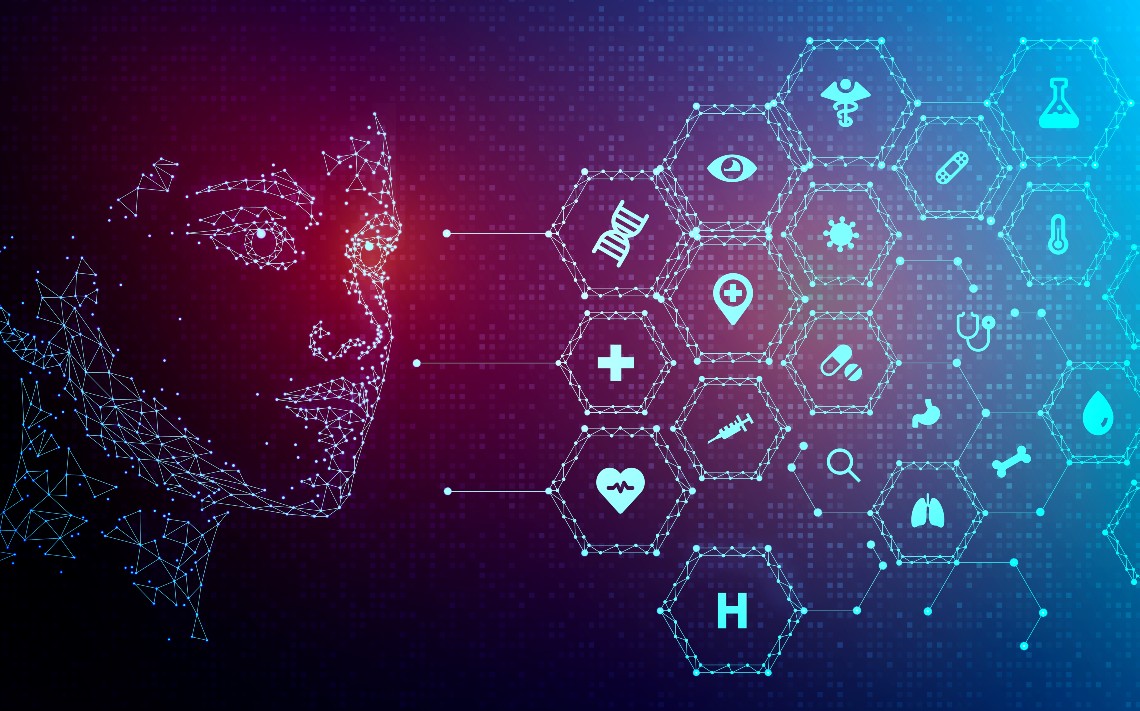From tech equality to data protection, here's what's new in healthcare
Unless you’ve been living under a technology-phobic rock, you’ll no doubt have heard of artificial intelligence (AI). The concept of AI is best described as the simulation of human intelligence by machines through the combination of vast amounts of data with super-fast data processing and intelligent algorithms. AI software constantly consumes data like a curious child, learning from patterns in such data. Similarly, machine learning relies on human (programmer) teaching to feed the data and give instructions to enable the AI to learn, make decisions or take actions.
AI and healthcare have long been friends. There are AI systems that can scan in excess of 100,000 lung x-rays and identify anomalies in the dataset that could be evidence of cancer, with greater accuracy than clinicians. AI is also increasingly being used to reduce the administrative burden that drives physician burnout. AI-powered voice solutions like Suki work to reduce doctors’ documentation workload and improve access to patient information.
But consideration of ethics has long been a persistent area of contention in the world of AI. The first large-scale legislation has recently been announced, with The European Union planning a legal act that aims to avoid the worst harms associated with AI; however, It will be at least another year before a final text is set in stone, and a couple more years before businesses will have to comply. Click for table reference.

And in the world of wearable tech…
Could wearable tech be helping or hindering healthcare equality? On one side, a man has built his own bionic hand out of melted plastic bottles, and he is now selling custom 3D-printed hands to others for as little as $800. Meanwhile, researchers have been warning that access to wearables could become a social determinant of health. Scientists from the US National Institutes of Health's "All of Us" program found that cost and technology awareness could be a barrier to broad adoption of digital health devices.
Next up in question: The integrity of health apps, particularly when it comes to women’s rights
It turns out data Marketplace has been selling information on who uses period tracking apps - a breach of data rights that could potentially help anti-abortionist campaigners identify the individual users of apps and their menstrual patterns. This kind of data breach could be catastrophic for women’s rights in a post Roe vs. Wade America.
Researchers found that most popular women’s health apps don’t meet basic privacy and security standards. In this study 20 of the 23 apps reviewed shared data with third parties, only 16 displayed a privacy policy, and three collected data before consent.
Some recent mobile app-based health studies have also been hampered by low participant engagement and retention rates. In one large-scale study, mean engagement with the app in question lasted just 4.1 days.
Meanwhile the tech behemoths are never idle
Keeping us entertained is the Elon Musk Twitter soap opera. Elon Musk may have bought Twitter for $43 billion, or maybe not (as he is currently arguing with the company about how genuine their user statistics are). Curious about the future of Twitter? This podcast is a great listen.
The days of passwords may soon be cut short as Apple, Google and Microsoft set out to make “Passkey” the new standard. The scheme would mean the app or website that you're logging in to would push a request to your phone for authentication - these capabilities are planned to go live later this year.
On the subject of stricter security, “pay with your face” is becoming reality as Mastercard launches tech that lets you pay in stores using your face or hand. The program is already live in five St Marche grocery stores in Sao Paulo, Brazil and it is planned to roll out globally later this year.
Finally… if you’ve ever been anxious about when to show up to the party…
The Atlantic have (with the help of mathematicians) made an interactive calculator that can tell you the best time to turn up at a party. Are you keen to be early? Or prefer to be fashionably late? This tool will give you the max mins for when to arrive to have a good time. Geeks these days don’t want to waste a minute!
#WordFromTheWeb
At AS&K, one of our key values is Being Curious ‒ asking what if, why not, could we? The Word From the Web blog series is one example of how we are horizon scanning and infusing the latest innovations within our medical communication services. Want to learn more about how AS&K can help you stay in front of the latest trends? Contact our Business Development Director, Alana Zdinak at alana.zdinak@asandk.com today!
